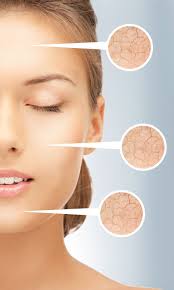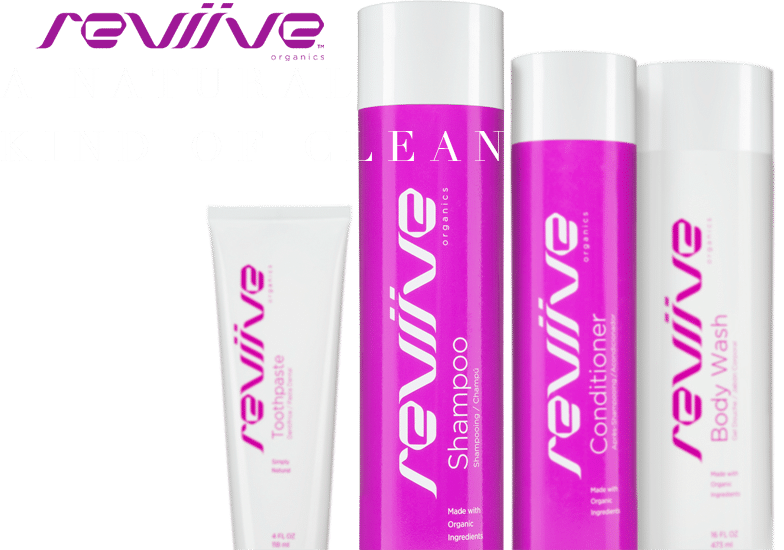
Before getting to know more about the functions of the skin, let’s begin with its basic structure. Our skin is composed primarily of two layers. Covering our body from the outside environment is the epidermis, which provides waterproofing. This vascular layer is mostly made up of flat, scale-like cells called squamous cells. Just under the squamous cells are the round cells called basal cells. Epidermis houses the cells called the melanocytes, which contains and produces melanin, the pigment that gives human skin, hair and eyes their color.
Next to epidermis is the dermis, the lower or inner layer of the two main layers of the cells. It is the thick layer of living tissue that forms the true skin. It contains the blood capillaries, nerve endings, sweat glands, hair follicles, and other structures. The sweat glands are responsible in regulating body temperature and sebum, helping the skin from drying out.
With this structure, the skin provides and performs amazingly wide functions from protection to sensation. The main functions of the skin include the following.
- Mechanical support. When affected by external physical stimuli, the skin acts as the first physical barrier to withstand the pressure, stress or trauma. Just in case the skin cannot withstand the impact, a wound will occur caused by the breakage through the skin.
- Protection of the body from harmful effects of the sun and radiation. Being repeatedly exposed to ultraviolet (UV)radiation, the skin provides the body’s primary shield against the harmful UV rays from the sun. Without it, the UV radiation can damage the inner parts of the body that houses the vital tissues that influences the function and survival of many cell types and is regarded as the main causative factor in the induction of skin cancer. The melanin in the dermis is the most important photo-protective factor, functioning as a broadband UV absorbent. Melanin has antioxidant and radical scavenging properties.
- Immunological function mediated by Langerhans cells. The epidermis has the thin and oily coat of moisture that prevents foreign substances or organisms from entering. The Langerhans cells of the epidermis help to regulate immune responses to pathogens that come into contact with the skin.
- Prevents loss of essential body fluids, and penetration of toxic substances. Our skin helps us retain necessary body fluids and moisture. It also helps us from the absorption of external fluids or liquids. thus, we can freely swim or bathe without the worry of absorbing the fluids and any harmful substances from it.
- Regulates body temperature. The sweat glands in the skin and the blood vessels in the dermis help regulate the body’s temperature. The relaxing of the of small blood vessels (so-called vasodilation) makes it easier for the body to release some heat, lowering the body temperature. On the other hand, contracting of small blood vessels (so-called vasoconstriction) makes the dermis to retain some of the internal body temperature. In times of extreme cold, the fatty subcutaneous layer of the skin acts as an insulation layer.
- Sensory organ for touch, heat, cold, pain, pressure, contact and emotional sensations. The nerve endings in the dermis are responsible for these sensations. These sensations are important from protecting the skin and the entire body from any external threat such as burns and wounds. However, these nerve endings are easily affected by wearing and tearing caused by wounds and sever burn (third degree burn).
- Vitamin D synthesis from the precursors under the effect of sunlight and introversion of steroids. The skin is our main source of vitamin D through the production of cholecalciferol (D3).
Reviive: A Better Kind of Clean

Reviive personal care products do more than clean—they are packed with all-natural and certified organic ingredients that provide health benefits from head to toe. Our formulas contain naturally cleansing and conditioning ingredients that keep you looking and feeling your best.
Reviive is 100 percent free of toxins and made with certified organic and natural ingredients, for nothing you don’t want and everything you do. Our luscious formula uses only gentle cleansers, plant extracts and all-natural essential oils, for a fragrant and healthy bodywash that keeps you radiant, healthy and cleaner than ever.





